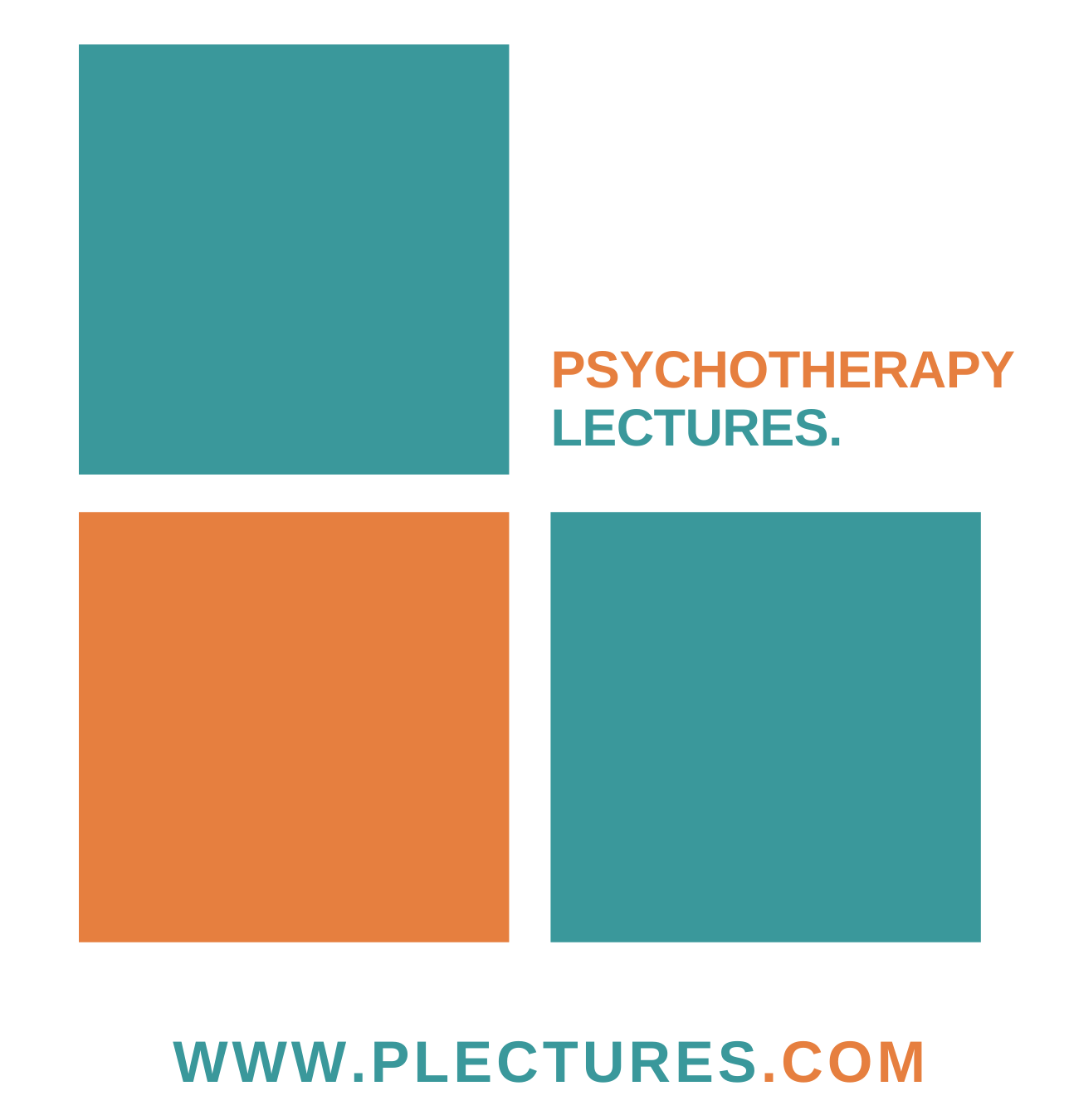Cognitive Behavioral Treatment of Insomnia. Transdiagnostic clinical strategies to improve sleep in patients with PTSD, anxiety, depression, and chronic pain
-
Author: Donn Posner
-
For: Helping Professions
-
Study time: 10 hours
-
Video time: 180 days
-
Certification
Write your awesome label here.
Donn Posner
Dr. Donn Posner is Founder and President of Sleepwell Consultants and has served as a consultant to organizations and individuals on a wide range of sleep health issues including insomnia, circadian arrhythmia, CPAP adherence, and parasomnias. He is also currently a Clinical Associate Professor in the Department of Psychiatry and Behavioral Sciences at Stanford University School of Medicine
Lesson series
WHAT'S INCLUDED
2 seminars of 5 hours.
Video lessons in original language
Slides


